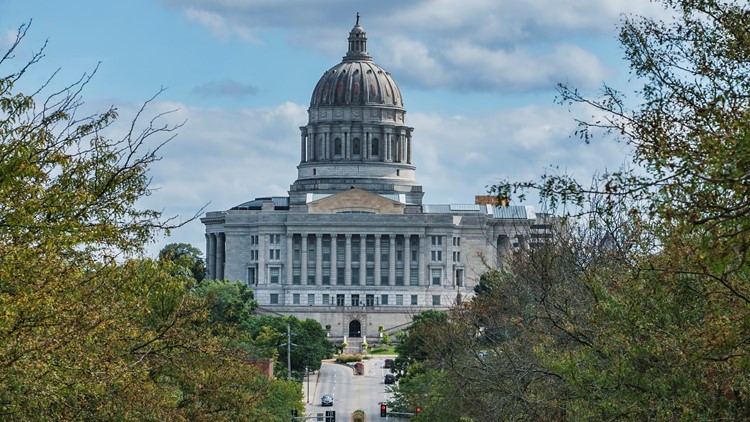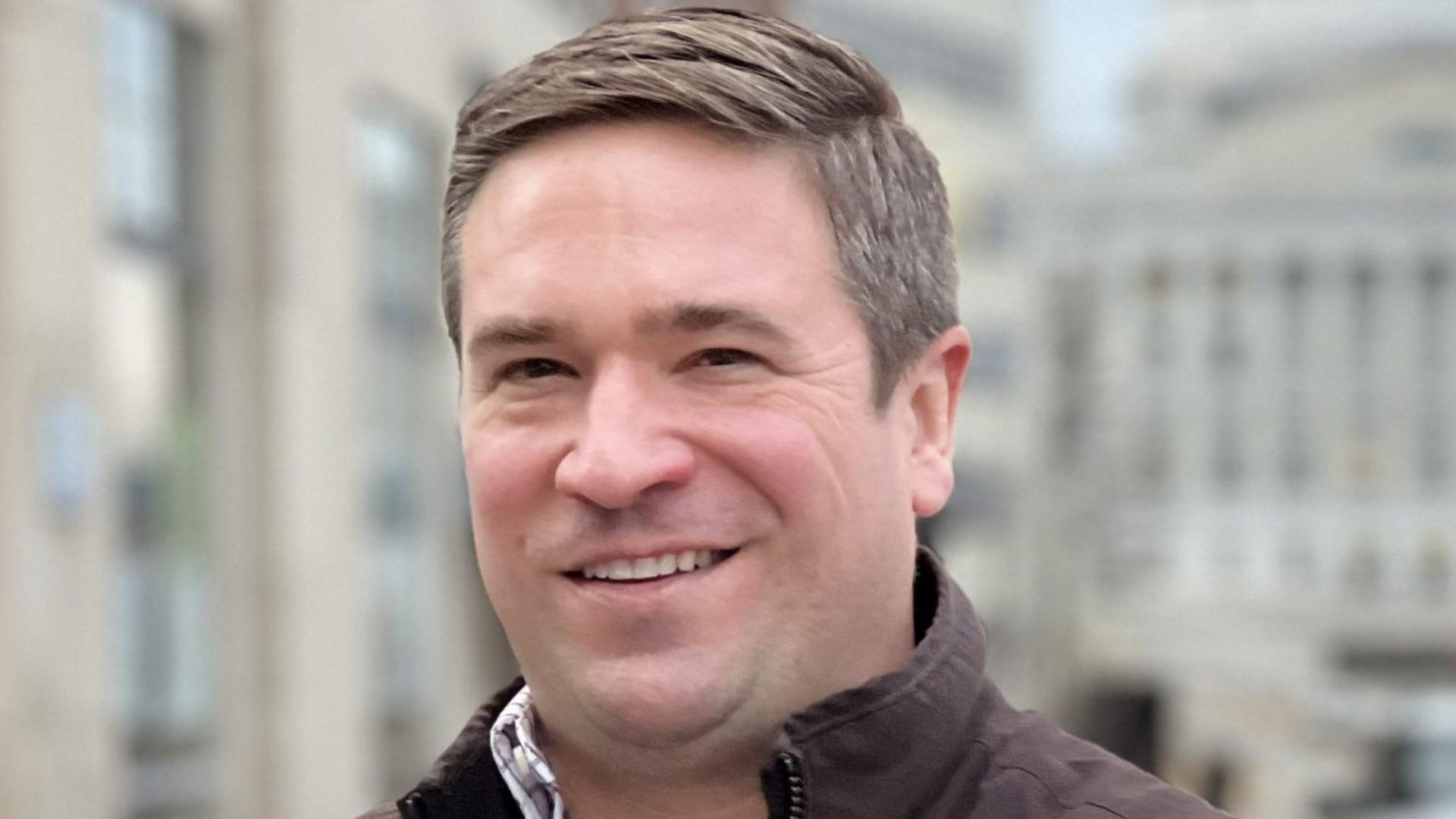COLUMBIA, Mo. — Local health officials in Missouri would be prevented from ordering businesses and schools to close for more than 15 days during an emergency without getting permission of elected officeholders under a Republican bill that got initial backing Wednesday.
During a debate in the GOP-led House, Republicans railed against business restrictions that St. Louis and St. Louis County enacted during the coronavirus pandemic in an effort to slow the spread of COVID-19 in the area.
Health departments there prohibited bar and restaurant service for weeks at a time during the pandemic.
“No one unelected person in this state should have the power to write laws that can destroy the livelihoods, create financial hardships on our citizens, or affect their mental well-being without the oversight of their elected officials,” said Rep. Jim Murphy, a St. Louis Republican who sponsored the bill.
Murphy's bill would allow local health officials to close businesses, schools and churches, but only for 15 days at a time. After that, they'd need approval from the city council or other local governing boards to extend closures.
The House gave the bill initial approval in a voice vote. It would need another vote of approval in the chamber before it would go to the Senate.
Critics argued that the bill places too much value on keeping businesses open over public health.
“I hear a lot of talk about freedom. Do you know what's not free? The 8,402 people that have died from COVID. And y'all are worried about going to your bars and playing soccer," Rep. LaDonna Appelbaum, a St. Louis Democrat, told colleagues.
Appelbaum was apparently referring to Missouri's COVID-19 death toll, which stood at 8,148 on Wednesday.
The state reported 687 newly confirmed cases of COVID-19, pushing its pandemic total to 479,069. It also reported that its weekly review of death certificates found 225 previously unreported COVID-19 deaths — two in October, one in November, four in December, 153 in January and 65 in February.
Meanwhile, Kansas City's mayor has asked the federal government to make sure the state's urban residents get better access to coronavirus vaccines.
Kansas City Mayor Quinton Lucas in a Tuesday letter to the Federal Emergency Management Agency wrote that none of the federal government's 18 planned mass vaccination sites are in Missouri. He asked that Kansas City be added to the list.
The letter comes as some officials in the Kansas City and St. Louis areas contend that the state is favoring rural areas in vaccine distribution, which Republican Gov. Mike Parson and other state officials vehemently deny.
Missouri is distributing vaccine based on the state’s nine highway patrol regions, and Parson has insisted that each region is getting its share based on population. But thousands of urban residents have taken to traveling to small towns to get shots.
State statistics on Wednesday showed that while 14.5% of Missourians have received at least one shot, the percentage is smaller in the urban areas — 11.3% in Jackson County, 13.5% in St. Louis County, 9.7% in St. Louis city.
Lucas told the Kansas City Star that he was not trying to circumvent the state by appealing directly to FEMA, but was simply trying to get more vaccine to the people of his city.
“To suggest that our vaccination process in Missouri has worked in a fair and equitable way is to have blinders on,” Lucas said.
____
Salter reported from O'Fallon, Missouri.



